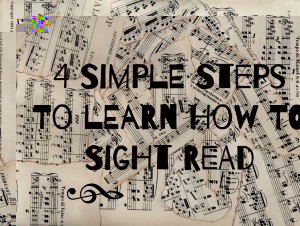Gerontius, Elgar, and the Task of Setting a Vision to Music
Edward Elgar is perhaps best known in the United States as the composer of “Pomp and Circumstance,” the tune to which our high school and college graduates regularly march on the way to the podium to receive their diplomas.
More formally, there are six “Pomp and Circumstance Marches,” and the bit used for graduations is the “Land of Hope and Glory” passage … Continue Reading



 Born 7 November 1905. William Alwyn was an English composer, music teacher and conductor. Beside his musical talent he was also a polyglot, poet and artist.
Born 7 November 1905. William Alwyn was an English composer, music teacher and conductor. Beside his musical talent he was also a polyglot, poet and artist.





 Born 11 september 1786 in Germany. Friedrich Kuhlau was known as a composer and concert pianist. He started studying the piano in Hamburg where he also made his debut as a pianist in 1804.
Born 11 september 1786 in Germany. Friedrich Kuhlau was known as a composer and concert pianist. He started studying the piano in Hamburg where he also made his debut as a pianist in 1804.